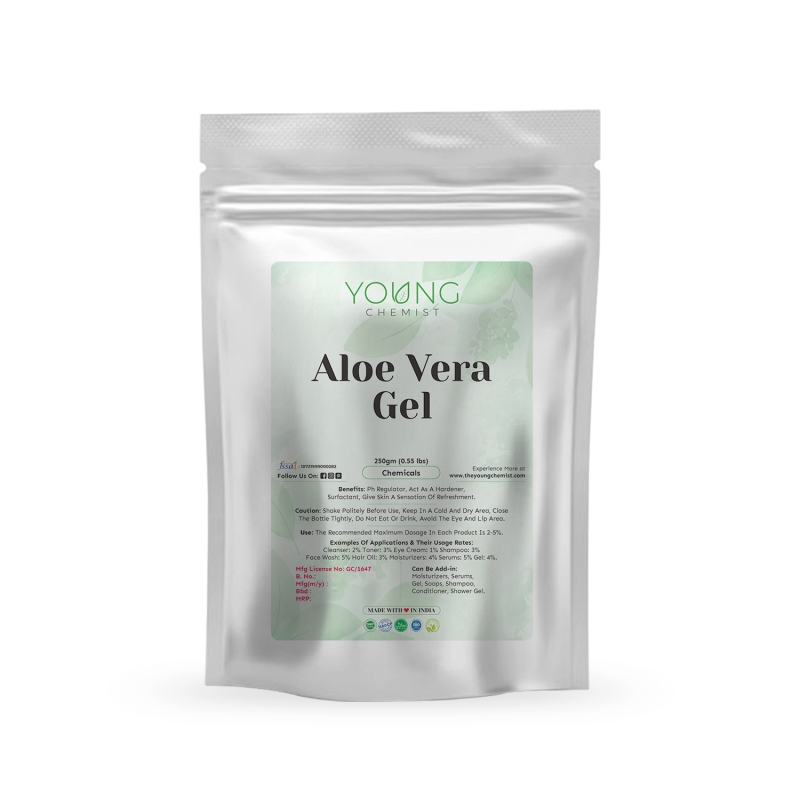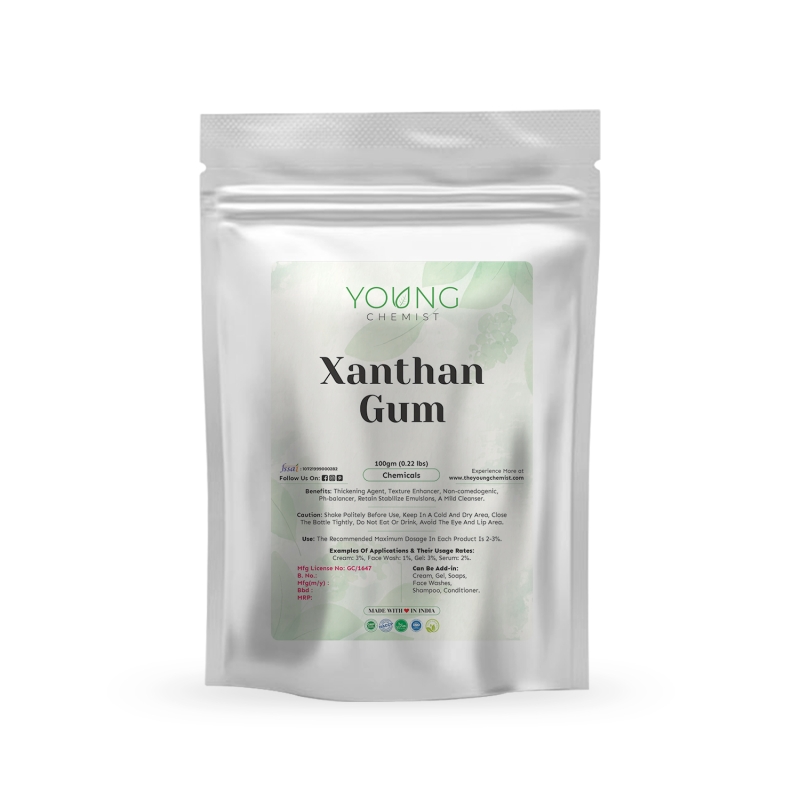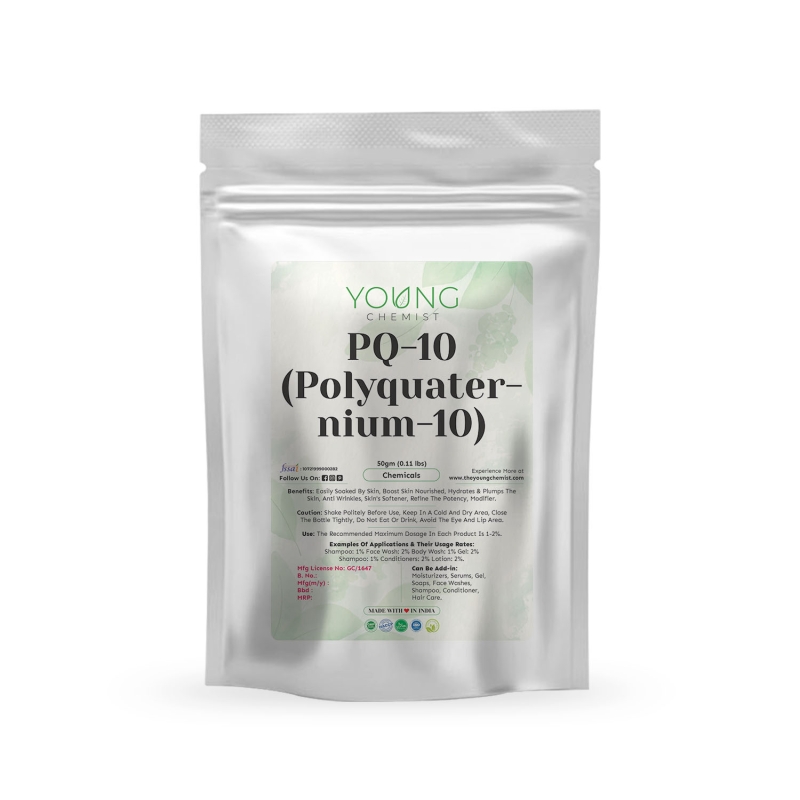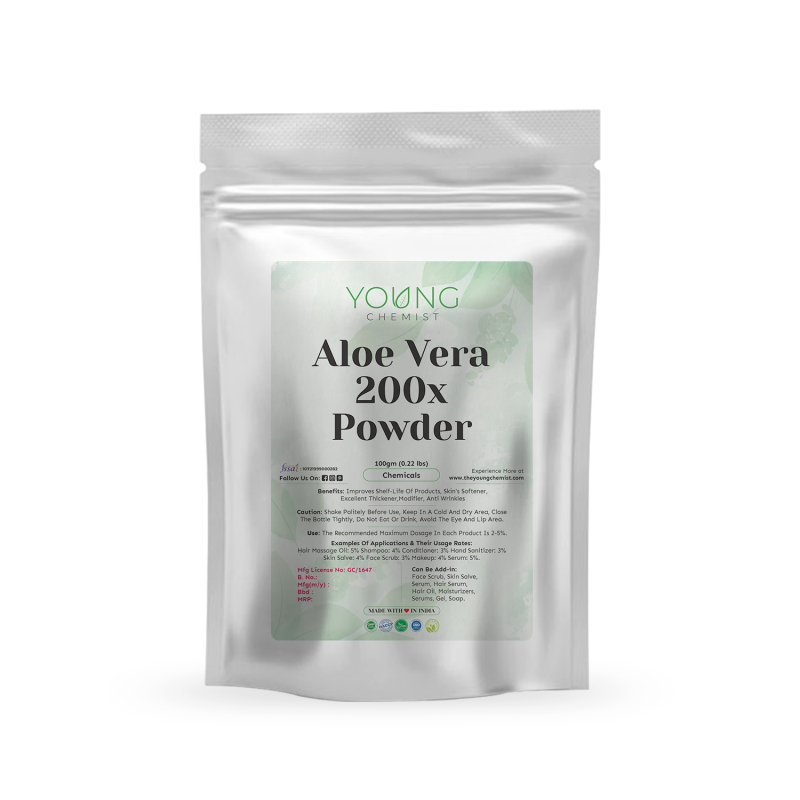-
No Item Added in Cart.
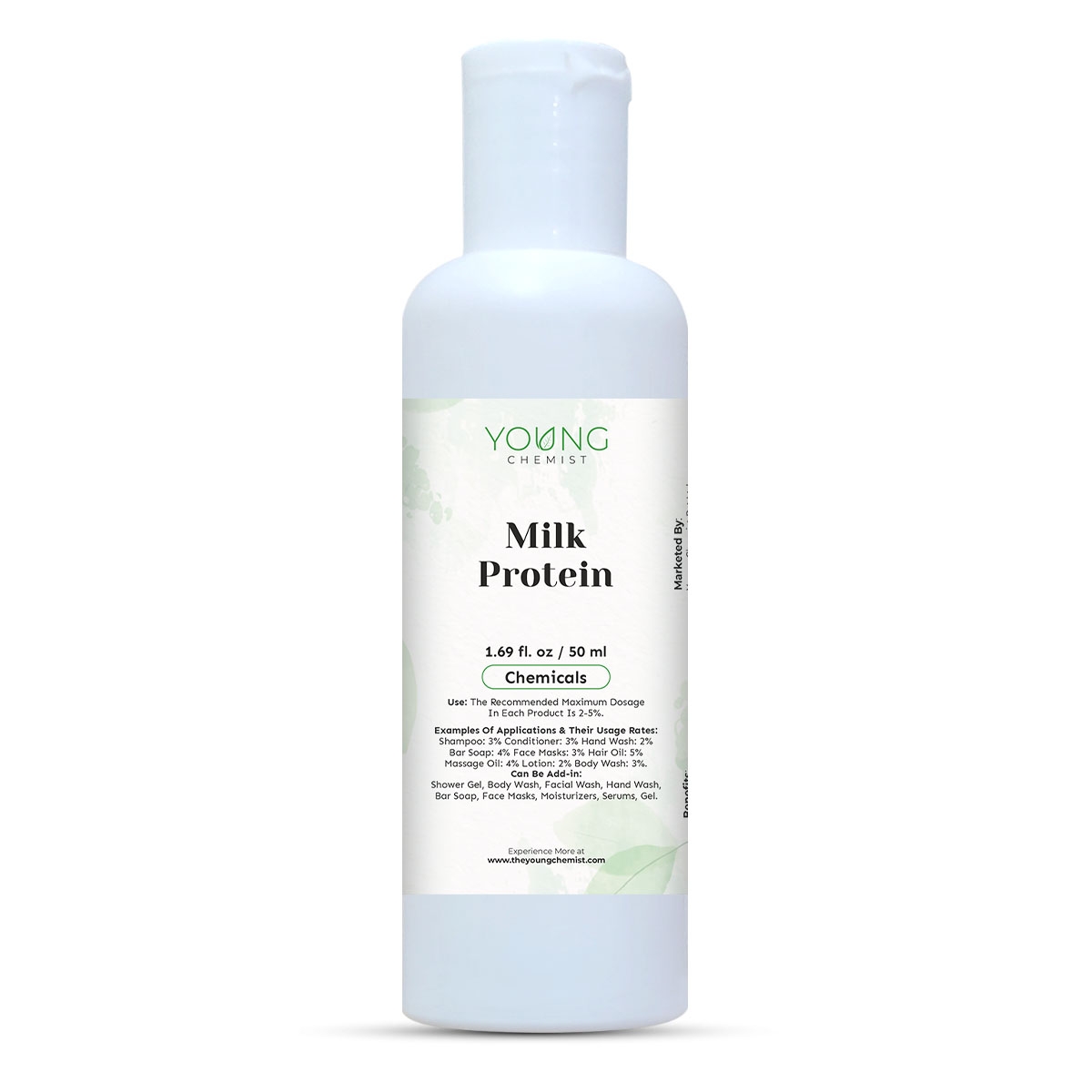
Milk protein is one of the substances that are regularly included in formulations of various beauty and skincare products. This component is obtained from milk, which is a source packed with nutrients that work wonders on skin and hair.
Milk protein is basically a natural ingredient that is derived from cow's milk. This product carries casein along with whey protein, which are excellent for giving a feeling of being deeply nourished and hydrated. Milk protein is a common ingredient in cosmetics and hair care products as it helps skin and hair not only to look great but also to feel healthy and in good condition.
Milk protein is one of the main ingredients in beauty and skincare products that have become really popular because of the incredible results they bring not only to the hair but also to the skin.
Moreover, milk protein is a super-nutritious component for hair and skin. In fact, when hydrolyzed, its absorption is even better, thus producing its beauty-boosting effects.
Milk protein deeply nourishes and conditions your hair, thus making it soft, strong, bouncy, and healthy with a nice shiny appearance. Further, it also supports the skin in becoming smooth, supple, and glowing.
Naturally enriched with amino acids and peptides, milk protein has a great ability to hold moisture tightly, give a new smoothness to the rough texture, and help the skin to maintain an elastic and resilient look, which is highly beneficial in the making of shampoo, conditioner, hair masks, leave-in, face creams, serums, and body lotion.
After consistent application, hair will be less frizzy and have fewer flyaways, while the skin will be nicely hydrated, soft, and comfortable.
Both formulators and DIY formulators choose high protein milk because of its good water solubility, smooth skin feeling, and compatibility with humectants (like glycerin and hyaluronic acid) and shine enhancers (like light esters and silicones).
In haircare, it literally wraps keratin and helps facilitate hair care: tissues are more manageable, and a light, echoing shine makes hair snap. When it comes to skincare, milk protein helps reduce the appearance of dry patches and leaves the skin with a fresh, dewy glow that is perfect for a layer of sunscreen and makeup. Milk protein is kind and multipurpose in that it performs in both rinse-off and leave-on systems, assisting pH-balanced skin care routines for daily care.
Thoughtfully sourced and hygienically packed, our High Protein Milk integrates smoothly for consistent textures and reliable results, ideal for brands, salons, and home formulators building clean-label products with a premium feel.
Milk protein products for moisture binding, soft strengthening, and silky smoothness, a timeless ingredient that elevates daily hair and skin rituals.
| Title | Description |
|---|---|
| No specifications available. | |
Milk protein is one of the ingredients that you will find in many different cosmetics, such as moisturizers, creams, lotions, and even shampoos, conditioners, and hair masks.
If you want to get all the details, the surest way is to check the packaging of the product.
Simply put on the Milk Protein product on your clean and dry skin or hair. Then, gently massage it so that it absorbs completely.
If you really want to experience the effects, just make it a regular part of your skincare or hair care routine.
- Nourishment: Milk Protein is rich in essential amino acids, vitamins, and minerals that provide deep nourishment to the skin and hair, promoting overall health and vitality.
- Moisturization: The presence of natural lipids in Milk Protein helps to moisturize and hydrate the skin and hair, reducing dryness and leaving them soft and supple.
- Repair and Protection: Milk Protein assists in repairing damaged skin and hair by promoting the regeneration of cells and strengthening the natural protective barrier.
- Anti-Aging: It contains peptides that help to improve skin elasticity, reduce the appearance of wrinkles, and promote a youthful complexion.
- Hair Strength: Milk Protein can enhance hair strength and resilience, reducing breakage and promoting healthier-looking hair.
Milk protein (hydrolyzed) provides amino acids and peptides to the skin and hair. These offer hydration and nourishment, refine the texture of the rough areas, and fortify them in general. After hair treatment with it on a regular basis, you will have less frizzy hair. Your hair will be more manageable and look shiny without the heaviness. It works amazingly for your skin by forming a kind of protective film that makes your skin feel more elastic. Besides this, it helps to obtain that clean and fresh glow, which works well with SPF and makeup.
Milk protein is compatible with glycerin, hyaluronic acid, panthenol, and light esters/silicones and facilitates the performance and after-feel of rinse-off and leave-on products. Mild and adaptable, it is suitable for most hair types and normal to dry skin, making daily care a little more luxurious with soft conditioning and skin that looks and feels naturally resilient.
- Allergy Sensitivity: Some individuals may have allergies or sensitivities to milk proteins. If you have a known milk allergy or experience any adverse reactions such as redness, itching, or swelling, discontinue use and consult a healthcare professional.
- Patch Test: Before using a product containing Milk Protein for the first time, it is advisable to perform a patch test. Apply a small amount of the product to a discreet area of skin and observe for any negative reactions within 24 hours.
- Avoid Ingestion: Milk Protein is meant for external use only. Avoid ingestion and keep the product out of reach of children.
- Consultation: If you have any specific skin or hair concerns, or if you are pregnant, nursing, or have any underlying medical conditions, consult a dermatologist or healthcare professional before using products containing Milk Protein.
Note: The information provided is for general informational purposes only and should not be considered as medical advice. Please consult with a healthcare professional or dermatologist for personalized recommendations and guidance regarding the use of Milk Protein or any other cosmetic ingredient.
Product Questions
Milk protein products are supplements or skincare items that contain proteins derived from milk. These proteins, like casein and whey, help nourish and strengthen your body or skin, depending on the product.
Milk protein products can moisturize and nourish the skin, helping to improve its texture and elasticity. They may also provide a gentle exfoliating effect and promote a smoother, more radiant complexion.
Generally, milk protein products are mild and can be used by most skin types. However, if you have a dairy allergy or sensitive skin, it’s best to do a patch test first or consult with a dermatologist.
Yes, milk protein products, especially those with whey protein, are popular among athletes and bodybuilders for muscle recovery and growth. They provide essential amino acids that support muscle repair and development.
Apply milk protein skincare products according to the instructions on the label. Typically, you would cleanse your skin first, then apply the product, and follow up with a moisturizer if needed.
No, milk protein products are not vegan-friendly as they are derived from dairy. If you follow a vegan lifestyle, look for plant-based protein alternatives instead.
Yes, milk protein products can be used alongside other skincare products. Just ensure you use them in the correct order—usually, apply lighter products first and heavier ones later.
Store milk protein products in a cool, dry place, away from direct sunlight. Always check the specific storage instructions on the product label.
Side effects are rare but can include skin irritation or allergic reactions in some individuals. If you experience any discomfort, discontinue use and consult a healthcare professional.
Yes, milk protein products can benefit hair care by strengthening and conditioning hair. They can help improve hair texture and add shine. Look for hair care products specifically formulated with milk proteins for best results.






